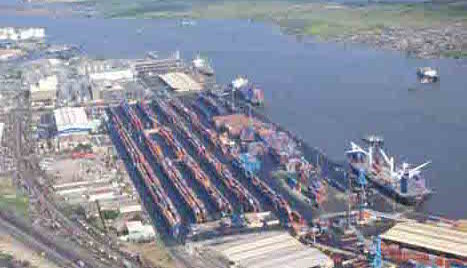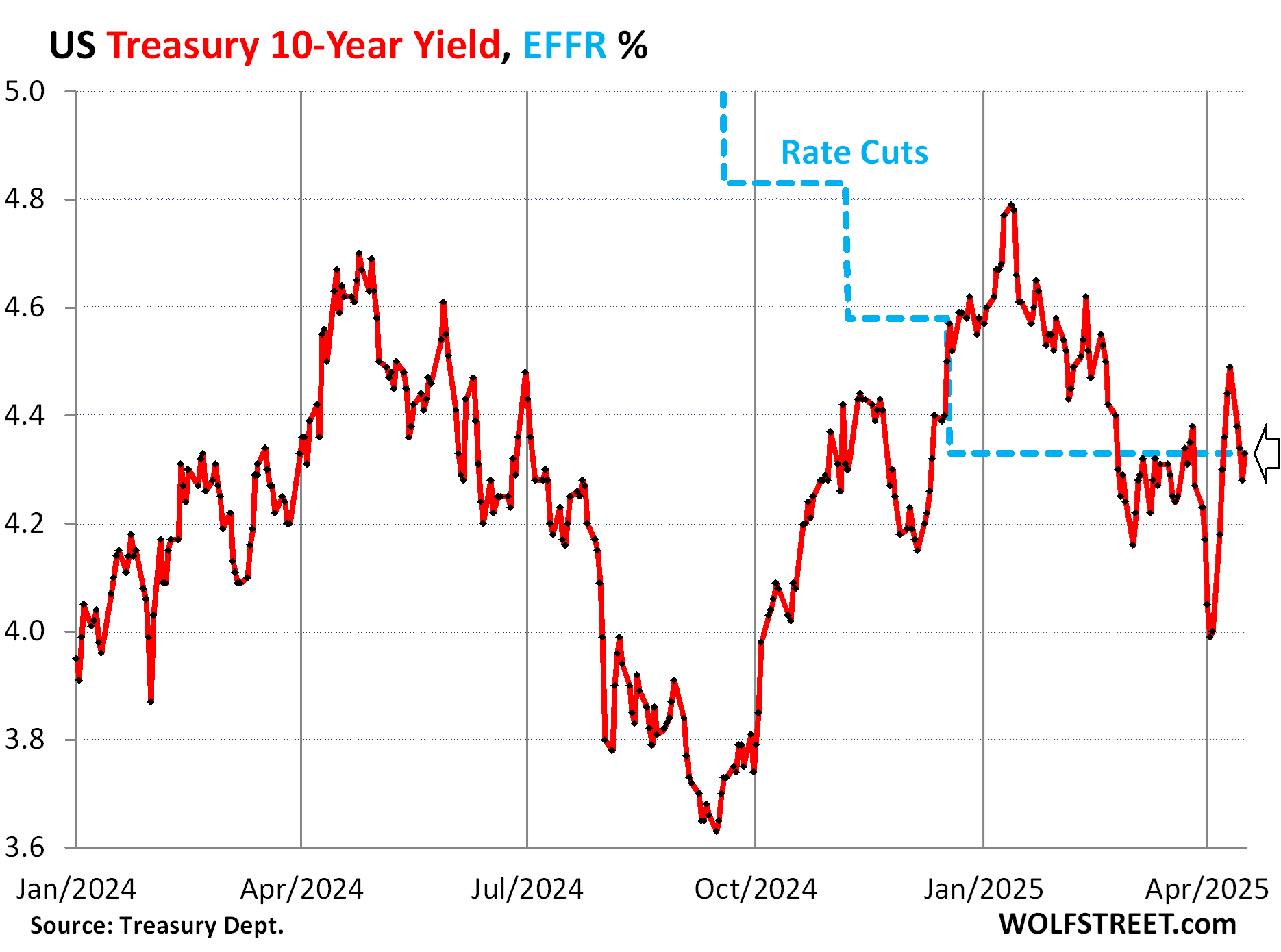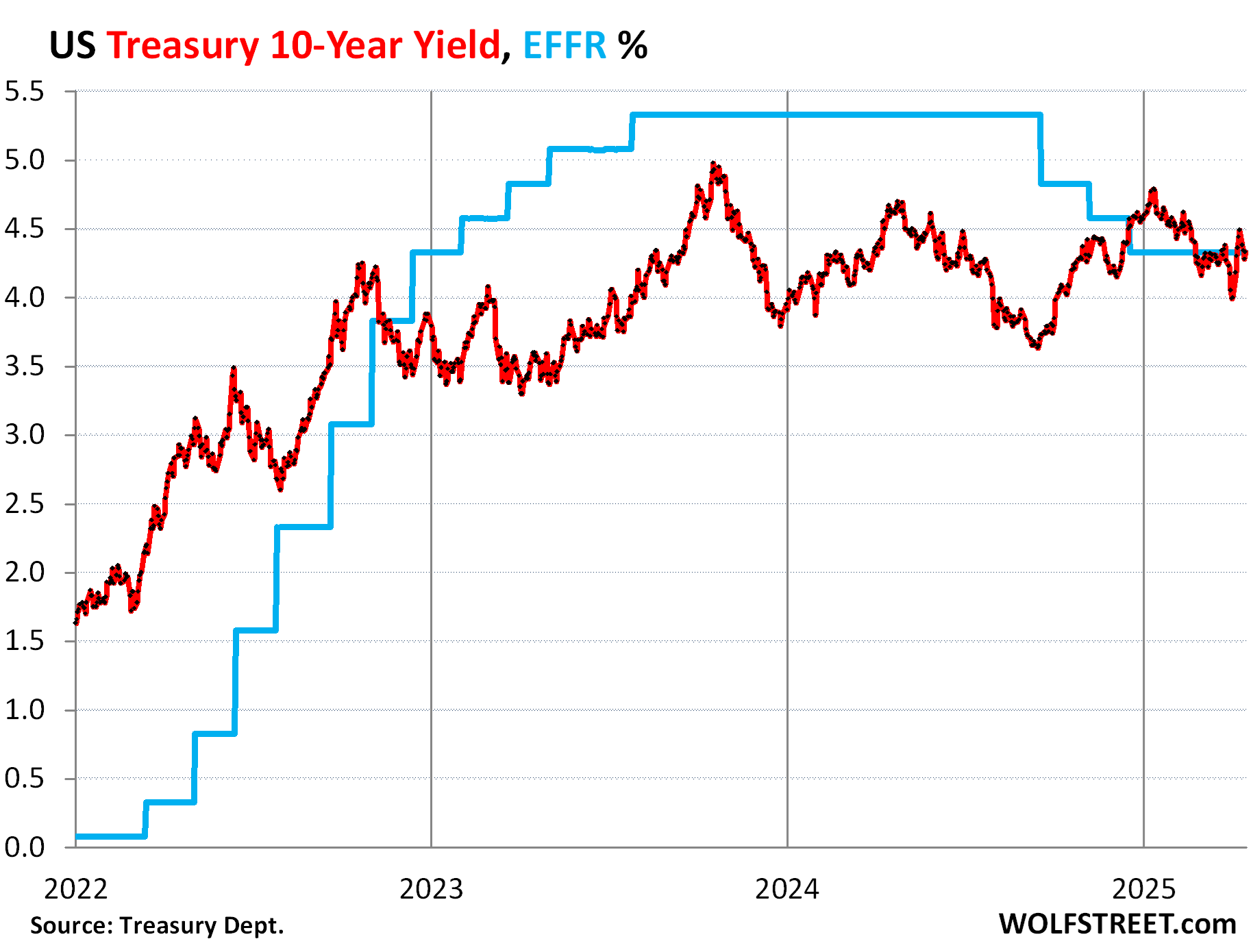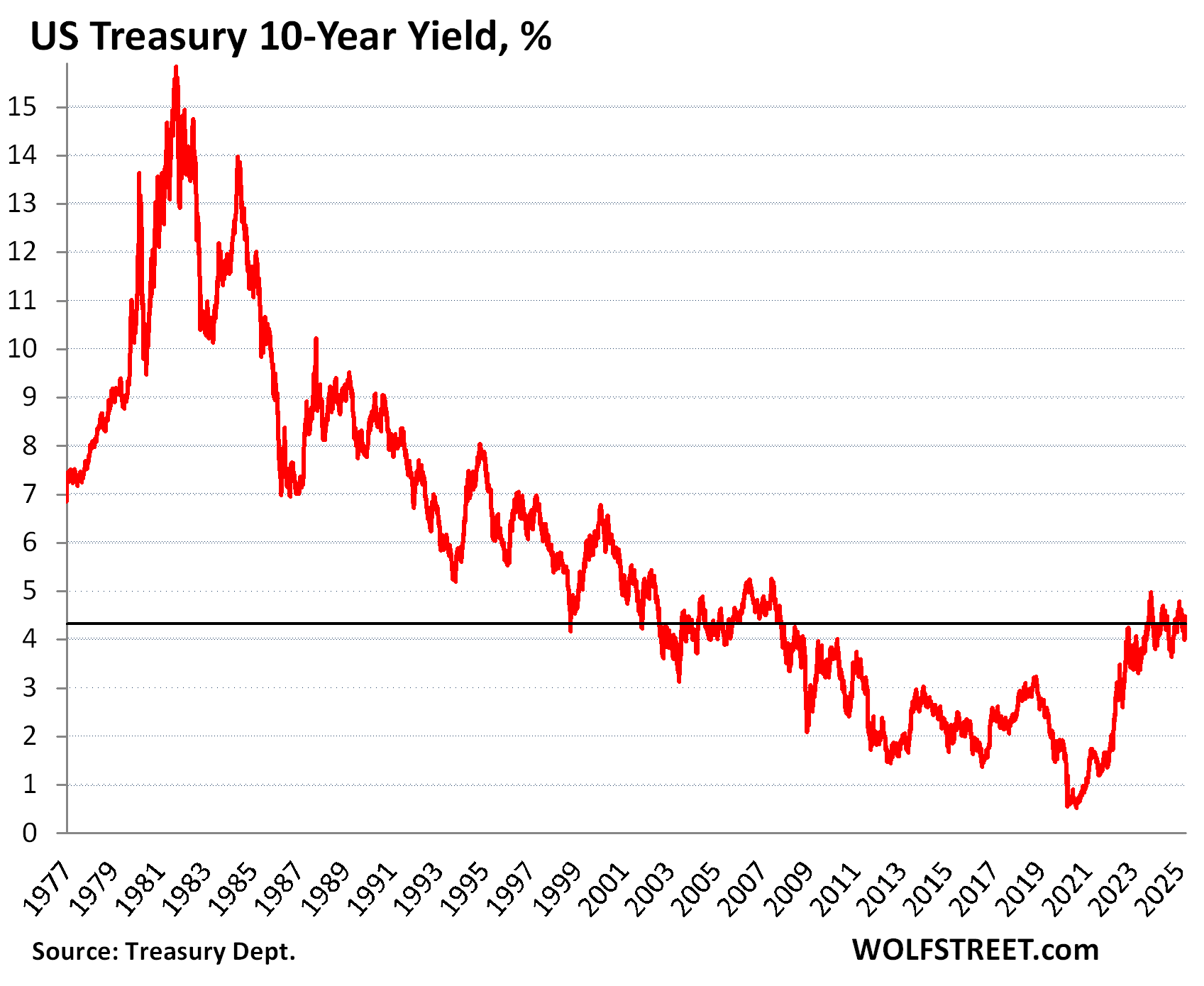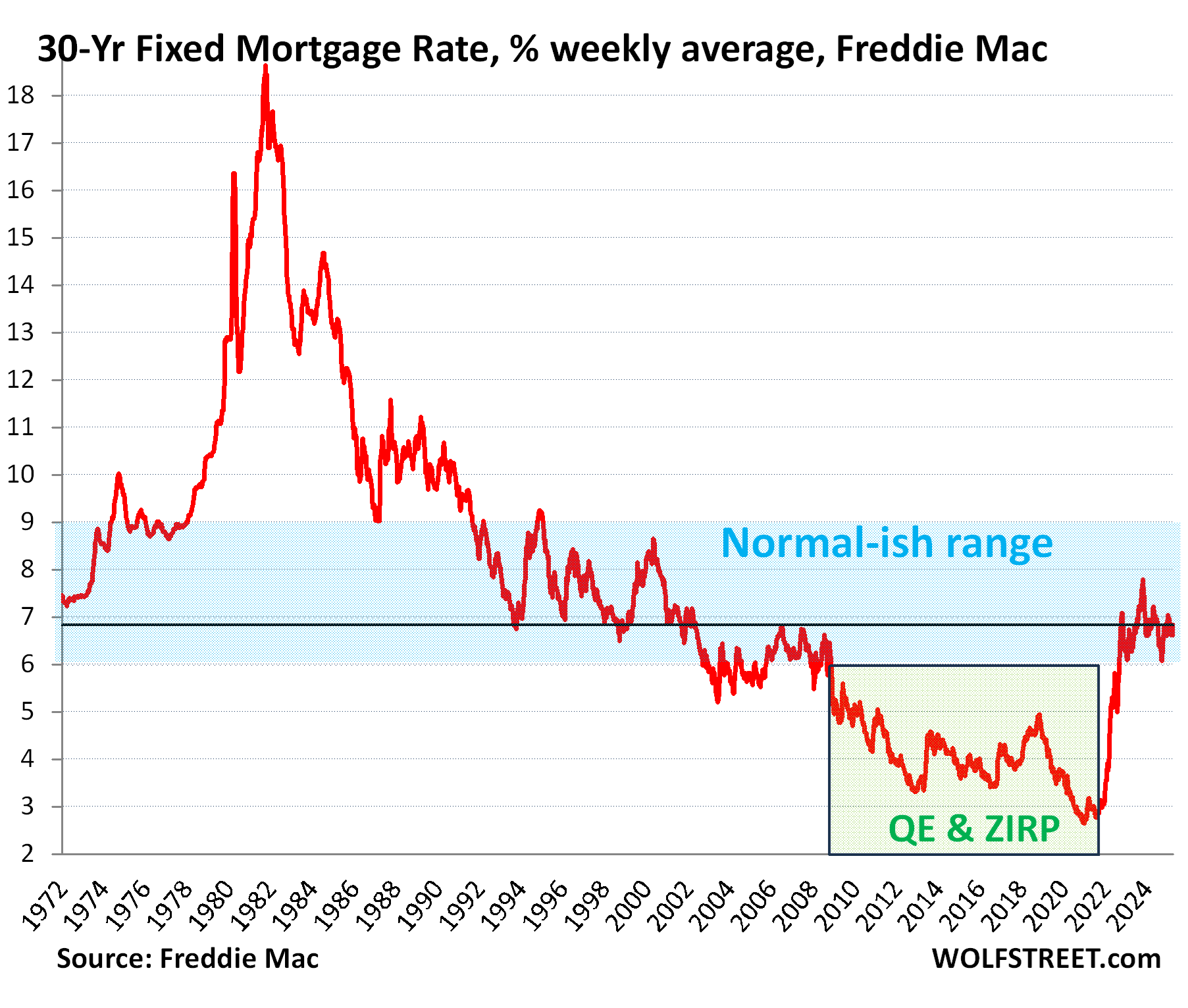Energy News Beat
ENB Pub Note: The global push to force Net Zero is a way to deindustrialize a nation. The following is a great article from Watt-Logic. We are seeing that play out in real time in the UK. Their energy and financial policies regarding fossil fuels are undermining their economy. With their leadership jailing people for mean posts on X, but allowing illegal migrants to have their way with UK women running rampant on their streets is horrific. We are watching the demise of the UK, the EU, and other once-great institutions in real time. The story about the UK having to buy coking coal from Japan was a lot of fun. Sad, but fun. For a country focusing on Net Zero, they had to have put well over 7,900 tons of CO2 into the atmosphere just shipping the coal from Japan rather than mining the coal from the UK.
UK Will Be More Skeptical of Chinese Investment After Steel Rescue
Last weekend, the UK parliament was recalled to pass the Steel Industry (Special Measures) Act 2025 in a single day. But there are very many myths and mis-understandings about what this means. Setting aside the irritating self-congratulation of MPs who think working on a Saturday is somehow heroic, in this post I will look at the reasons for the collapse of British Steel, what this Act does, and what we might expect to happen next.
The collapse of British Steel, again
British Steel Ltd was a wholly owned subsidiary of Chinese company Jingye Steel (UK) Holdings Ltd whose ultimate parent is Jingye Group Co Ltd. British Steel originated from the nationalised British Steel Corporation (BSC), formed in 1967, which was privatised as a public limited company, British Steel plc, in 1988. It was once a constituent of the FTSE 100 Index. The company merged with Koninklijke Hoogovens to form Corus Group in 1999, which was itself taken over in March 2007 by the Indian steel operator Tata Steel. In 2016, Tata Steel sold the loss-making part of its business that made “long products” like transport rails and steel sections for construction to private equity firm Greybull Capital for £1, which renamed the business British Steel. The business collapsed in 2019, and was taken over by the government’s insolvency service which sold it to Jingye the following year.
Shortly before publishing its 2023 accounts, Jingye announced plans to close its Scunthorpe blast furnaces and make between 2,000 and 2,700 workers redundant. Overall, the business employs around 3,500 people in the UK across three sites. The decision came after Jingye rejected an offer of £500 million – half of the amount it had sought – from the UK Government for the installation of two electric arc furnaces, which have an estimated cost of about £2 billion.
In the British Steel accounts for the year ending December 2023, prepared on a going concern basis, the preamble states:
“Trading conditions in 2023 were challenging, with falling commodity and steel prices impacting margins. Energy prices remained above historic levels, albeit softening from the highs of 2022.
Operational performance in 2023 was significantly impacted by poor stability of the Company’s blast furnaces, with extended outages resulting in low production and sales volumes. These periods of single blast furnace operation, combined with the inability to implement commensurate reductions in fixed costs drove a significant deterioration in trading EBITDA.
The Company decided to retire the aging Queen Victoria blast furnace in December 2023, having commenced preparations to restart the Queen Bess blast furnace earlier in the year. Queen Bess commenced production in January 2024, returning the business to a two blast furnace operation.”
The accounts go on to say that revenues in 2023 fell by £500 million to £1.2 billion, reflecting lower trading volumes. The Company booked impairments to non-current assets of £33 million in 2023 and £215 million in 2022. The total loss for the year excluding impairments was £192 million in 2023, up from a loss of £152 million in 2022. After tax losses were £227 million versus £367 million in 2022, but despite this, capital investments of over £100 million were made in de-carbonisation and re-structuring plans.
British Steel had access to an external asset-backed receivable lending facility of £50 million and an inter-company loan of £220 million which matured in March 2025. In addition to this, the company uses commodity repos, and had £136 million in short-term uncommitted lending facilities and £100 million investment in its share capital from its parent in 2023. In total, British Steel had £736 million of debt outstanding at the end of December 2023 — up from £630 million the previous year. Almost two thirds of its debt was payable within one year with the remainder due within two years. The company also had a £50 million carbon shortfall under the UK ETS.
The auditors issued a qualified opinion on the accounts, because they were unable to observe the counting of the physical inventories of £46 million included on the balance sheet for 31 December 2021 within the overall inventory total of £534 million. This meant the opening balance for the following year was not verified, and that this has an ongoing impact on the validity of the inventory figures.
The auditors also say that the Company will require further funding from its parent, and while there are commitments in place, they are non-binding and existing parent company loans could be recalled. This creates “a material uncertainty that may cast significant doubt over the Company’s ability to continue as a going concern.”
There is also an extensive fraud disclosure. While such disclosures are a usual part of an auditor’s statement, the length and detail of this one, added to the change of auditors in the past year and the late filings of the 2021 (filed January 2024) and 2022 (filed September 2024) accounts, suggest all was not well from more than just a financial performance perspective. According to The Times newspaper, the previous auditor, Moore Kingston Smith, resigned the British Steel audit after just a year because it was not “commercially possible” to conduct a satisfactory audit at the price Jingye was prepared to pay. The previous year, Mazars had resigned citing similar reasons. The current auditors, MHA, have been in place for two years, and the enhanced fraud disclosures began with Moore Kingston Smith and continued with MHA.
Row over Cumbrian coal
One of the reasons given for the collapse of British Steel relates to its access to coke, a key input in the steelmaking process. This is sensitive because the Government blocked a new coal mine in at Whitehaven in Cumbria for net zero reasons, meaning British Steel had to import coal from Japan. Japan’s coal industry has declined significantly and it does not appear to produce coking coal any more, so it’s likely that the shipment currently being unloaded originated in Australia.
Presumably this Japanese cargo is a stop-gap to supply the furnaces and stop them going out since Jingye had stopped procuring raw materials for the Scunthorpe blast furnaces, possibly in a bid to make the UK entirely reliant on China for virgin steel. Blast furnaces rely on a continuous feed of coke (made from metallurgical coal) to maintain the necessary temperature (over 1,500°C). Without coke, the furnace temperature rapidly drops, causing molten iron and slag inside begin to solidify. Once solid, these materials can clog the hearth and damage the refractory lining.
This is next to impossible to fix – restarting the furnaces would require excavation and removal of solidified materials, which is a huge task and at least partially rebuilding the furnace lining and internal equipment. Full recommissioning could take months, and could cost tens of millions of pounds. For ageing furnaces like those at Scunthorpe, it might not be economically justifiable to restarting after a cold shutdown, meaning any interruption to the coal supplies could trigger permanent closure.
There is some debate over the suitability of the Cumbrian coal for steel-making. This is high-sulphur coal which would normally need blending for use in making steel. High-sulphur coals typically have sulphur contents exceeding 1.0%, whereas low-sulphur coals used in coke production often have sulphur contents below 1.0% and usually below 0.6%. To achieve a blended coal mix with a sulphur content suitable for coke production (generally below 1.0%), the proportion of high-sulphur coal in the blend must be limited.
The Cumbrian mine produces coking coal of between 1.5% and 1.8% sulphur content. The Australian coal which is likely to be in the shipment from Japan is probably low sulphur coal (<0.6%) as this is the typical Australian export quality. On the face of it, it would appear that the Cumbrian coal is unsuitable for use at the Scunthorpe foundry, but it’s not so simple, because high-sulphur coal can be blended with lower sulphur coal and still have an acceptable specification. Typically up to 30% of the blend can have a high sulphur content. This means that some Cumbrian coal could have been used at Scunthorpe, reducing the import requirement.
Row over greening steel
Conventional so-called “virgin” steel is made by melting coking coal, limestone and iron ore in a blast furnace, and then running the resulting molten iron through an oxide furnace to produce steel. To turn iron ore (Fe₂O₃ or Fe₃O₄) into pure iron (Fe), you need a chemical reaction. Coke (carbon) acts as a reductant, in that it strips oxygen from the iron ore, producing molten iron and CO₂. The furnace therefore operates as a reduction reactor, not just a heater. Blast furnaces are also powered by the coke feedstock, which makes them incompatible with net zero targets.
Alternatively, electric arc furnaces can be used which generate heat using high-voltage electric arcs. Electric arc furnaces melt existing steel, typically scrap, using electricity, because they don’t have the same gas-solid reactions, slag chemistry, or residence time needed for reduction of ore. This means they can’t directly use iron ore or coke, needing a ferrous feedstock that’s already metallic.

This is considered an advantage since scrap steel is abundant and relatively cheap. Recycling scrap in EAFs is more energy-efficient and less carbon-intensive than mining and reducing iron ore. It is possible to feed direct reduced iron (“DRI”) or hot briquetted iron into an EAF to supplement scrap. These are processed forms of iron ore made without a blast furnace, but they still require significant upstream processing before being used in an EAF.
In theory an EAF could be modified to process iron ore by adding reductants and changing the operating conditions, but this is not done in practice for a number of reasons. Firstly, EAFs aren’t designed for reduction reactions – they are melting furnaces, not chemical reactors. Blast furnaces operate with a carefully controlled gas-solid reaction column over several metres of depth. Reduction of iron ore requires sustained contact with carbon monoxide (CO) or hydrogen, a countercurrent flow of gases, and stable temperature gradients over time. While technically carbon can be added as a reductant to an EAF to reduce iron oxides, this wouldn’t be efficient or controllable resulting in a poor version of a blast furnace or a smelting reduction reactor.
Secondly, it would be economically inefficient. Ore-to-steel reduction in a blast furnace is thermally integrated with heat from the coke reaction sustaining the process. EAFs would need to supply all energy via electricity which is more expensive than the coal used in UK blast furnaces. Iron ore is not conductive making it difficult to heat directly with electricity. Additional systems would be needed to supply and control reducing gases. At this point it would be simpler and cheaper to use a shaft furnace to make DRI, and then melt that DRI in the EAF.
Modified EAF reduction trials have been tried in lab-scale projects, but they create unstable process conditions, had poor yield and high impurity levels, and
In the specific case of Scunthorpe, fitting EAFs would likely mean a reduced product range, at least initially. It would not be able to produce all the same grades or volumes of steel without major additional investment and potentially a shift in business model. EAFs affect product capability as the feedstock is different resulting in different steel quality. Scunthorpe specialises in long products, including rails (Network Rail is a major buyer), sections and beams, and wire rod for reinforcement and industrial use. Many of these require strict consistency, high strength-to-weight ratios and specific surface and microstructure characteristics. Any facility based around EAFs would need to also include advanced secondary metallurgy, high-quality DRI or virgin scrap is used consistently and the rolling and finishing processes would need to be upgraded.
Without these upgrades (which are not normally proposed for net zero transition projects), the product range would likely reduce to commodity-grade sections and bars, rebar, and mid-grade rod and rail (if specifications allow). British Steel may need to import semi-finished billet or bloom for certain products that EAFs can’t make in-house. Customers such as Network Rail may need to relax tolerances or specifications (unlikely), or find alternative supply chains.
It is interesting to consider the implications…moving to EAF would potentially mean that 30% of the current production could not be made at Scunthorpe any more and would have to be imported, probably from China, India or Turkey. If Chinese imports were used, there would be more GHG emissions associated with the production and there would be additional emissions from shipping. Bulk items such as this are particularly carbon intensive to ship long distances.
ChatGPT estimates current emissions to be 6.0 million tonnes CO₂e/year. Under a future EAF + imports scenario, Scunthorpe would produce c70% of products (lower-spec, EAF-suitable) with 30% of high-spec products imported from China:

Switching Scunthorpe to EAF and importing hard-to-make products would halve total emissions but imports would account for over 2 MtCO₂e/year.
Row over losing “virgin” steel capability
Maintaining a virgin steel production capability is considered important for strategic independence – if the UK loses the capability to produce steel from raw materials, it becomes dependent on imports, including from potentially unstable or hostile regions such as China, India and Turkey. In a crisis or conflict, supply chains could be disrupted, and access to critical materials constrained. Quality could also be compromised.
Virgin steel is often needed for military hardware including tanks, ships, aircraft landing gear, missile casings. Submarine hulls and naval armour often require high-toughness, low-impurity steel, and aerospace forgings need consistent alloying. Defence customers tend to require steel with known provenance, controlled composition, and high integrity all of which domestically produced virgin steel can more reliably provide.
Virgin steel offers tighter tolerances on carbon and alloying elements. Some applications such as high-pressure pipelines and structural beams in critical infrastructure require low-residual steels, which are difficult to guarantee from scrap.
In the energy sector, high quality virgin steel is used in high-pressure pipelines. It is also used in nuclear applications where material traceability and purity are vital – the fraud at the Le Creusot forge took the French nuclear fleet offline while pressure vessels were tested for the presence of excess carbon which can result in steel embrittlement – obviously very undesirable in nuclear pressure vessels.
Reactor pressure vessels operate under extreme pressures and temperatures for decades (40–60+ years). They require low-impurity, high-purity ferritic steel with precisely controlled levels of carbon, phosphorus, sulphur and copper (which also causes embrittlement under neutron irradiation). Scrap steel often contains uncontrolled residual elements such as copper, nickel, tin which can compromise radiation tolerance and fracture resistance even when present in small amounts. Nuclear regulators require full traceability of materials, from the ore to the final forging, something scrap-based steels cannot provide.
If the blast furnaces at the British Steel plant in Scunthorpe close the UK would lose all domestic virgin steel production, becoming the only G7 nation without it. Other countries including the US, France and Germany are maintaining at least a baseline primary steel capacity for strategic purposes, despite having strong net zero commitments in the case of Germany in particular. Using imported steel from potentially hostile nations for building submarine hulls and tanks would be extremely foolish.
However, some of these arguments are spurious since British Steel does not produce military grade steel in the first place. But this does not mean it would be a good idea to lose its blast furnaces. The two most compelling reasons for this are firstly that it is difficult to retrofit EAFs into plant built for blast furnaces, and secondly because blast furnaces are simply useful and provide valuable diversification because they are self-sustaining and do not require a power source – the coal feedstock also powers the furnace meaning there is no reliance on gas or electricity supplies. This is a particular benefit as concerns grow around power grid resilience. Scunthorpe also would have to wait until 2032 to get the grid connection necessary for an EAF.
Ironically, the blast furnaces at Port Talbot were more suited to defence-grade adaptations since the site made flat steel used in automotive, construction and packaging industries and was closer to UK aerospace and energy supply chains. Tata also had greater technical capacity, including R&D. However, a combination of Scunthorpe being the last blast furnaces, and the actions of Jingye in not scheduling feedstock supplies which gives the appearance of trying to harm UK interests, prompted Government action in this case.
A further caveat to all of this, is the nationalisation in 2021 of Sheffield Forgemasters which uses EAF specifically to supply the Ministry of Defence with high quality military grade steel of the type usually produced in a blast furnace. Sheffield is a very specific case where the electric arc furnaces are paired with ladle furnaces and vacuum degassing systems which allow for precise adjustment of alloying elements and the removal of gases such as hydrogen and nitrogen which is essential for defence-grade materials. In addition, the feedstock is not random scrap as in most EAFs. The plant uses known-origin materials, sometimes blending DRI, low-residual scrap, or even virgin pig iron, which allows for the control of impurities such as copper, tin, and phosphorus, which are problematic in standard EAF steel. Finally, Sheffield specialises in forgings, not long or flat products, which go through extensive heat treatment, machining, and testing under defence standards.
While it is theoretically possible to adapt British Steel plant at Scunthorpe to a similar specification, this is unrealistic. The capex requirement for installing an electric arc furnace with full secondary metallurgy and high-integrity casting facilities would be of the order of £500 million to over £1 billion. It would also require significant process change – British Steel is currently a long products, bulk production operation. It does not specialise in ultra-clean, high-integrity forgings or flat products. Re-tooling to support nuclear-grade or submarine-grade steel would require retraining, recertification, and a change in quality philosophy and customer base.
The Scunthorpe site is optimised for volume rails, rods, beams, and construction steel and unlike Sheffield Forgemasters, it has no history of producing defence-critical forgings or operating under MoD contracts. Nationalising Sheffield Forgemasters made more sense as it was already part of the defence supply chain and had unique capabilities including very large forging presses and machining. Under Ministry of Defence ownership it is not expected to be profitable, but to deliver a critical capability.
In summary, much of the hysteria about retaining a virgin steel-making capability for military applications is over-blown. It is worth preserving this capability in general given the self-reliance of the process, but Port Talbot would have been a better candidate for intervention given its superior capabilities. In any case, converting Scunthorpe to EAF makes little sense. It would be more cost-effective to close the site and build an entirely new plant elsewhere using EAF, in a location that has lower electricity grid constraints.
Row over nationalisation and Chinese involvement
Many people, including Labour MPs, are celebrating the “fact” that British Steel has been nationalised. But this is not actually what the Steel Industry (Special Measures) Act 2025 does.
The Act has given the Government powers to direct the operations of the company in order to preserve the act of steelmaking. In fact the pre-amble of the Act explains this: “An Act to make provision about powers to secure the continued and safe use of assets of a steel undertaking.”
Should the owners refuse to comply with the Secretary of State’s directions, then the Government has the powers to take British Steel into pubic ownership:
“4. The powers exercisable by the Secretary of State by virtue of subsection (2) include(for example)—
- entering, using force if necessary, the premises where the specified assets are situated (and the Secretary of State may for that purpose be accompanied by any person);
- preventing the disposal of, or other dealings in respect of, the specified assets;
- taking whatever steps the Secretary of State considers appropriate for the purposes of securing the continued and safe use of the specified assets;
- requiring any person on the premises, or any other person who has dealings with the specified assets or with the steel undertaking, to give whatever assistance the Secretary of State may reasonably require for the purposes of taking those steps.
- The steps that may be taken under subsection (4)(c) include (for example)—
- entering into agreements, including contracts of employment;
- appointing officers of the steel undertaking;
- exercising any function of management;
- the making of loans or the giving of other financial assistance;
- the payment of salaries and other benefits to persons working for the steel undertaking.
- Expenses incurred by the Secretary of State in, or in connection with, the exercise of powers under this section are recoverable as a debt due to the Crown from—
- the steel undertaking, or
- a group undertaking in relation to the steel undertaking.”
The Act also says compensation may be paid to the owners of British Steel in respect of any actions taken by the Government under that Act.
MPs are also fighting over the Chinese ownership in the first place. The owners have been accused of deliberately scaling back the delivery of raw materials to cause a cold shutdown of the blast furnaces to further China’s strategic goals. While China controls a good portion of natural resources, either directly or through strategic alliances around the world, it has an even more dominant position in mineral processing with a 100% share of global refined supply for natural graphite and dysprosium, over 90% for manganese, 70% for cobalt, almost 60% for lithium and around 40% for copper.
UK Governments have had a hokey-cokey approach to relations with China. One minute they are all in, the next minute they are out. Then they are in again… A few years ago Chinese companies were banned from 5G telecom infrastructure, but Chinese firms still own stakes in other UK infrastructure, although in most cases these are minority stakes meaning they do not have control. However, these stakes provide them with access and potentially valuable information about how key assets are being operated.
Some have criticised the EU’s approach to “golden shares” where governments held a small stake, sometimes as low as a single share, which gave them extraordinary powers to prevent certain changes in control. In 2002 the European Court of Justice struck down golden share regimes in Portugal (Energias de Portugal) and France (Elf Aquitaine), while upholding a more tailored regime in Belgium. Golden share arrangements in the UK (British Airports Authority), Italy (ENEL) and Spain (Repsol, Endesa, Relefonica and others) were also struck down. The Court held that all state measures that prevent or deter cross-border investment within the EU may breach fundamental EC Treaty provisions on the free movement of capital and the freedom of establishment, with the only exceptions relating to protecting a legitimate public interest as long as they do not discriminate against investors from other EU member states.
Since Brexit, the UK has more flexibility over golden shares, and could have introduced one in relation to British Steel. However, selling what was at the time (2020) one of only two producers of virgin steel in the UK to a Chinese business was always a risky proposition.
Would UK steel making be competitive using EAFs?
A key driver of uncompetitiveness is the high industrial electricity price paid by UK steel makers. Despite exemptions from subsidy and capacity market costs under the Supercharger regime, carbon taxes still apply and amount to £200-300 million per year (it’s hard to estimate based on publicly available information). A move to electric arc furnaces would remove much of the requirement to pay carbon taxes since coal would no longer be consumed on site. Unfortunately the reduction would still leave the effective electricity price higher than in other countries, significantly so in some cases such as the US.
The real challenge for competitiveness is not so much electricity prices, but the use of subsidies in other countries. Steel makers elsewhere in Europe benefit from various subsidies but still struggle to be profitable – Germany announced plans to increase its subsidies late last year to address this lack of profitability. The real competitors for UK steel makers are in the US and Asia. The US benefits from much cheaper energy following the shale revolution which makes oil and gas in the US very cheap. Despite this, the US subsidises its steel industry. Other major competitors are in Japan, South Korea and China, all of whom also subsidise their steel industries, particularly in relation to low carbon steel.
So despite a move to greener production methods (and the fact that the import-related emissions would be excluded from any charging mechanism, at least for as long as no carbon border adjustment mechanism is in place), UK steel would still be uncompetitive, and British Steel would likely still be loss-making unless the government were to offer subsidies matching those available in other countries.
So what does all of this mean?
The UK steel industry has been unprofitable for years, primarily as a result of high energy costs and carbon taxes, and its overseas competitors receiving generous subsidies. Pressures to “green” steel-making are further undermining their business cases. The Scunthorpe plant contains the UK’s last blast furnaces. They are old and need replacing, but despite the technical and operational challenges with retrofitting electric arc furnaces, and the long lead time for a grid connection to power them, the Government appears to prefer the EAF option to new blast furnaces. (ChatGPT tells me it would take 18-24 months longer to retrofit EAFs at Scunthorpe than to install new blast furnaces, excluding the delay for the grid connection).
Steel making accounts for just 2.4% of UK greenhouse gas emissions, and a significant proportion of the emissions reductions achieved through switching to EAF would be offset by the increased emissions from having to import some of the Scunthorpe product portfolio which cannot be produced in a typical EAF. It would make more sense to replace the aging blast furnaces at Scunthorpe with new blast furnaces. This would give resilience and maintain a useful source of virgin steel, even if it is not military grade, and would avoid a reliance on imports for the higher-grade products currently made there.
Of course, coking coal needs to be sourced, and this should come from the closest mines possible – shipping coal from Australia makes no sense. The UK has plenty of coal deposits including the Midlothian field in Scotland and the Aberpergwm Colliery in Wales both of which produce coals suitable for coking (Aberpergwm produces high-grade anthracite with low sulphur and ash content which is suitable for certain metallurgical processes).
But the key challenges are to deal with the UK’s high industrial electricity prices. Even with exemptions from subsidy and capacity market costs, UK steel making is uncompetitive. Use of EAF would remove the requirement to pay carbon taxes which would help but unfortunately the residual electricity price would still be uncompetitive and British Steel would still be unprofitable. It’s likely that the only way to truly make the business viable would be through subsidies. The Government needs to decide how important it is to retain steel making in the UK, whether it values a virgin steel production capacity and whether supporting a structurally uncompetitive business with taxpayer money is worthwhile.
Until these questions have an answer, claims that British Steel has been “saved” are very premature.
Source: Watt-Logic
Is Oil and Gas An Investment for You?
The post Busting the British Steel bailout myths appeared first on Energy News Beat.


